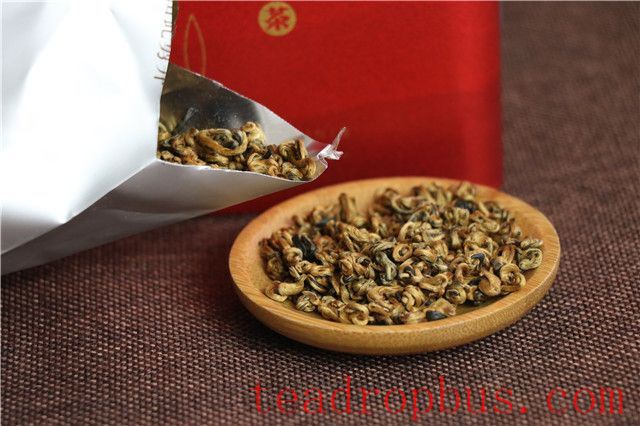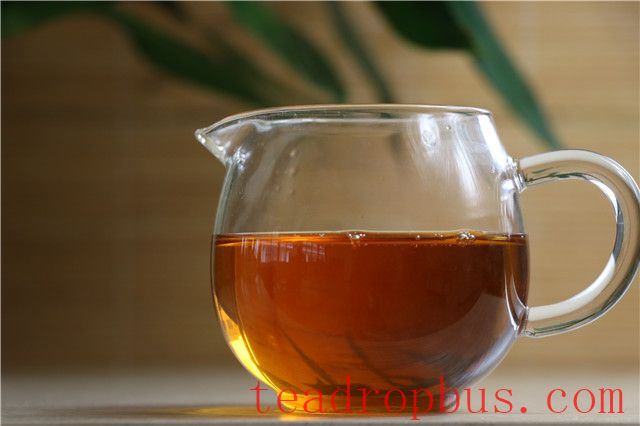Black Tea, characterized by its red infusion and warm, sweet taste, is rich in proteins and has effects such as invigorating the mind, relieving fatigue. The red leaves and infusion of black Tea give a sense of warmth; it can be consumed with milk or Sugar to generate heat and warm the stomach; it also aids digestion and removes grease, which is beneficial during the winter when one consumes more fatty foods. So, does drinking black tea frequently cause heatiness?

Does Drinking Black Tea Frequently Cause Heatiness?
Generally, if you start drinking large amounts of newly made tea before it has cooled down, this can lead to heatiness. For example, black tea harvested and processed in April usually becomes available around June; at this time, it's advisable to wait a bit longer before consuming it. As someone who is prone to heatiness, if I buy black tea in June, I would store it until July or later before starting to drink it. By then, the drying effect of the new tea will have dissipated, and during this period of rest, the black tea will have mellowed, becoming smoother and richer in flavor.
Incidentally, most teas tend to cause heatiness when consumed shortly after processing. Conversely, those who are physically weak may find that drinking black tea can help remove dampness and improve circulation!

Another significant aspect of black tea's popularity is its health benefits, particularly in nurturing the stomach. During meals, a cup of black tea can promote better absorption and peristalsis in the digestive system. For many people with weaker digestive systems, black tea is a great choice. Some individuals experience stomach pain from drinking Green Tea because caffeine can stimulate gastric acid secretion, leading to stomach ulcers due to excess acid.
In black tea, caffeine interacts with Theanine, producing an antagonistic reaction (where their physiological effects counteract each other to maintain balance) and forms complexes with theaflavins, effectively reducing the side effects of caffeine. Additionally, during the drying process, the heat further reduces the caffeine content in black tea.

This explains why drinking black tea is often recommended for those with sensitive stomachs.
Drinking excessive amounts of black tea typically doesn't cause heatiness, but for those who are already prone to heatiness due to a yang-heat constitution or yin-deficiency and dry-heat constitution, especially during hot weather, consuming too much black tea might exacerbate the yang-heat condition. Therefore, it is generally not advised to drink large quantities of black tea; moderate consumption is recommended.
Black tea is usually fully fermented and slightly warming in nature. For most people, drinking moderate amounts of this slightly warming tea won't cause heatiness but instead provides benefits such as diuresis, promoting gastric health, and aiding digestion, which are good for overall health.